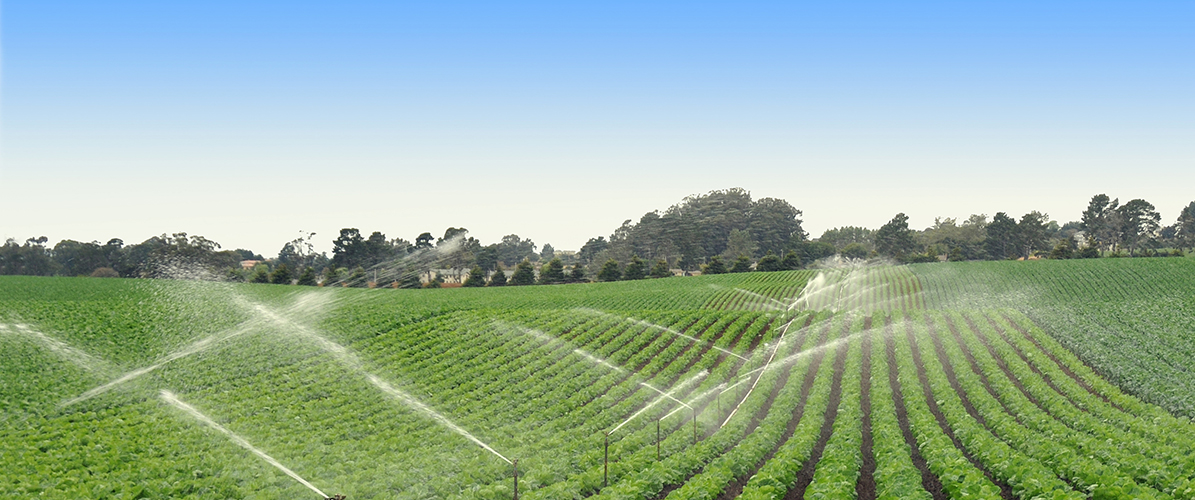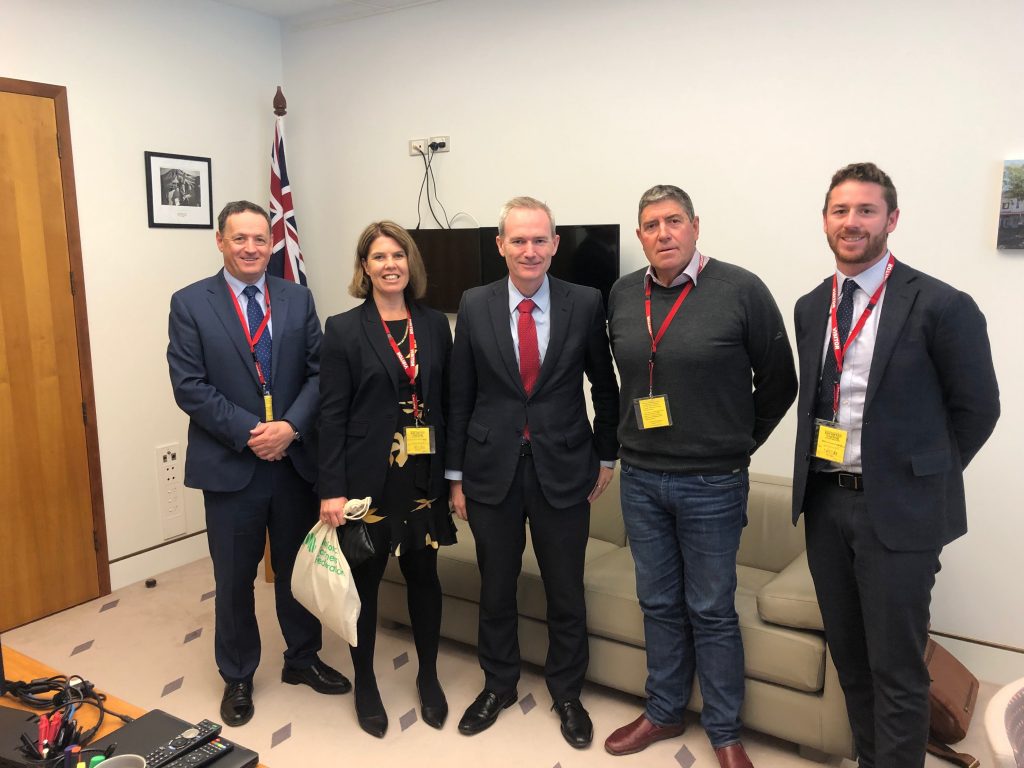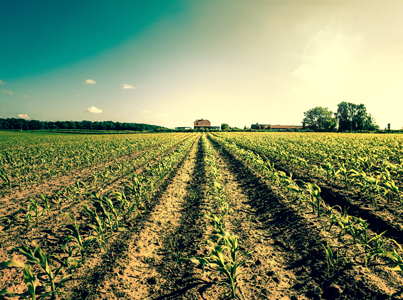Growing Matters: Season 2 of Hort Innovation’s podcast now available
3 December 2019
Fact Sheet: Beet cyst nematode on vegetables
3 December 2019Labour
Labour continues to be a high priority in AUSVEG’s advocacy efforts with the key aim to deliver a reliable, competent and efficient workforce for growers. This includes building up a labour pool of workers at various skill levels – from lower-skilled harvesting roles, to semi-skilled middle management positions to higher skilled technical expertise roles.
There are many pieces of the horticulture labour puzzle which need to (and are) come together to deliver the workforce industry needs to drive it forward.
While industry’s preference is to employ a domestic workforce first and foremost, and offer opportunities to local people, roles requiring a particular skillset can not always be found in the domestic labour market, and/or local people do not want to work in horticulture. This creates a heavy reliance on an international workforce, which means accessing the right people for the right job becomes absolutely crucial for any business. If a grower requires a certain skillset within their business, they need to have some consistency and certainty around who they can access, and how.
That is why AUSVEG, on behalf of the horticulture industry, has focused on delivering an Industry Labour Agreement. If done correctly, it will be an important piece of the horticulture labour puzzle.
| Harvest period | Labour Gap | Suitable visa program |
| Less than 3 months | Lower-skilled | Working Holiday Maker (“WHM”) |
| 3-9 months | Lower-skilled | Seasonal Worker Programme (“SWP”) |
| 9+ months | Lower-skilled | Horticulture Industry Labour Agreement |
| 12+ months | Lower-skilled, Semi-skilled & skilled | Horticulture Industry Labour Agreement |
In addition, the Pacific Labour Scheme is an uncapped scheme allowing growers to access a workforce from the Pacific Islands.
There are a number of visa options readily available, and an Industry Labour Agreement is currently in discussion with the Minister for Immigration, David Coleman, and will only add to options for growers.

L-R: James Whiteside, Belinda Adams, Minister for Immigration David Coleman, Bill Bulmer, Tyson Cattle.
Industry Labour Agreement
AUSVEG has taken the lead on behalf of horticulture to advocate for an Industry Labour Agreement. AUSVEG sought endorsement from its State Members, the Horticulture Council, and other horticulture industry groups to advocate for this on their behalf and gain a clear understanding of the labour shortages for each commodity.
We have also engaged with experts in this space, such as Migration Solutions and the Primary Industry Skills Council of South Australia, which have been a tremendous support.
It is important to note that the Industry Labour Agreement is still in negotiation with the Minister, but so far the willingness and engagement from the Minister and his department has been exceptional. They are keen to also deliver an outcome that will assist industry.
What is an Industry Labour Agreement?
Industry Labour Agreements enable approved businesses to sponsor skilled overseas workers when there is a demonstrated need that cannot be met in the Australian labour market and standard temporary or permanent visa programs are not available.
Labour agreements are developed between the Australian Government (represented by the Department) and industry. These are agreements for a specific industry with fixed terms and conditions.
The agreement will look to address shortages in the sector for occupations such as irrigationists, production managers, facilities managers, agronomists and truck drivers.
Dairy, meat and pork industries all have their own Industry Labour Agreements, helping service their own specific labour needs.
Where to now?
The submission on behalf of industry was lodged over two weeks ago, and negotiations have begun with the Minister and his department.
Initial meetings have gone very well, with the aim to be finalised before the end of 2019.
Horticulture Award
The Horticulture Award continues to be complicated and confusing for industry. The Fair Work Ombudsman is holding its Awards in Action sessions, with the next one in Shepparton, Victoria, on Wednesday 4 December.
Shepparton
Wednesday 4 December 2019 (from 3:30pm to 5:30pm)
Quality Hotel Parklake, 481 Wyndham Street
For more information please click here for the event flyer.
Attorney-General Christian Porter also made public comments about his wish to ‘simplify awards’. AUSVEG has been in discussion with Attorney-General Porter’s office around the complexity of the Horticulture Award. It is crucial we have a strong dataset around the impact of the award, particularly Overtime for Casuals, on growers and their business.
It is also an important reminder for growers to please fill out Growcom’s Overtime for Casuals survey – click here to complete the survey.
Fair Farms
A reminder to growers to sign up with industry-led program Fair Farms.
Fair Farms aims to educate growers about their employer obligations and help growers with the tools, training and information they need to be a compliant and ethical employer.
For more information and to sign up head to the Fair Farms website.
Other issues
Export Cost Recovery
AUSVEG has raised concerns around the transparency of significant cost increases proposed by the Department of Agriculture via is Export Cost Recovery arrangements.
Some increases of costs are as high as 277 per cent with little or no justification and transparency. AUSVEG will continue to raise its concerns on behalf of growers.
For more information, please click here.
Biosecurity
Strengthening Australia’s biosecurity is crucial for horticulture to maintain its export competitiveness and its safe and green image.
The Department of Agriculture is still working on delivering the Biosecurity Imports Levy, which would provide more than $100 million of much-needed funding to help keep pest and diseases out of Australia.
AUSVEG is strongly supportive of the levy, provided costs are not passed on to growers.
Research and Development Corporation (RDC) review
AUSVEG made a substantial submission to the RDC review. This is an important review process driven by the Minister for Agriculture as it looks to reduce duplication and increase efficiencies for growers.
A copy of AUSVEG’s submission can be found here.
AUSVEG Advocacy page
Keep up to date with AUSVEG’s advocacy activities via the AUSVEG website.

